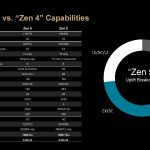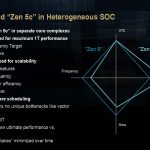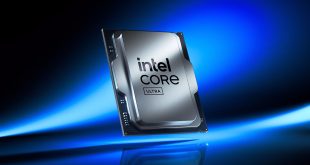Following the announcement that Ryzen 9000 desktop CPUs are being delayed by a couple of weeks, AMD has decided to refresh enthusiasts on the upcoming processors and the tech under the hood with new details on specs.
AMD's “Granite Ridge” is the codename for the Ryzen 9000 series, which will be released next month. The CPUs are based on the AM5 socket, meaning they will be backward compatible with AMD 600-series motherboards and the upcoming 800-series motherboards. Like the Ryzen 7000, 5000, and 3000 desktop series, the Ryzen 9000 uses a chiplet-based architecture. AMD is carrying over the 6nm client I/O die from the 7000 series to reduce development costs, just as it did with the 12nm cIOD from the 3000 series to the 5000 series.
The new CPUs offer up to 28x PCIe 5.0 lanes, allowing for a PCI-Express 5.0 x16 GPU, two CPU-attached M.2 Gen 5 x4 slots, and a Gen 5 x4 chipset bus. These processors also pack a basic RDNA 2-iGPU, which should be enough for most applications that do not need discrete graphics. The iGPU also has multimedia accelerators, an audio coprocessor, a display controller, and USB 3.2 interfaces from the processor.
Moving on to the CPU complex dies (CCDs), the company stated that the 8-core Zen 5 CCDs (known as “Eldora”) are based on the TSMC N4P node. Compared to the N5 node used on the Zen 4 CCDs, the N4P node provides a 22% power reduction at the node level, a 6% performance boost, and a 6% increase in transistor density.
Each processor has up to two CCDs, which communicate with the cIOD via IFoP (Infinity Fabric over Package). Each CCD has eight Zen 5 CPU cores with fully operational 512-bit FP data channels. Each core has 1MB of dedicated L2 cache, and each CCD has a 32MB L3 cache shared across all cores inside.
KitGuru says: All this looks good on paper, but in the end, what matters is its performance. And to see that, we'll have to wait another week.
 KitGuru KitGuru.net – Tech News | Hardware News | Hardware Reviews | IOS | Mobile | Gaming | Graphics Cards
KitGuru KitGuru.net – Tech News | Hardware News | Hardware Reviews | IOS | Mobile | Gaming | Graphics Cards






